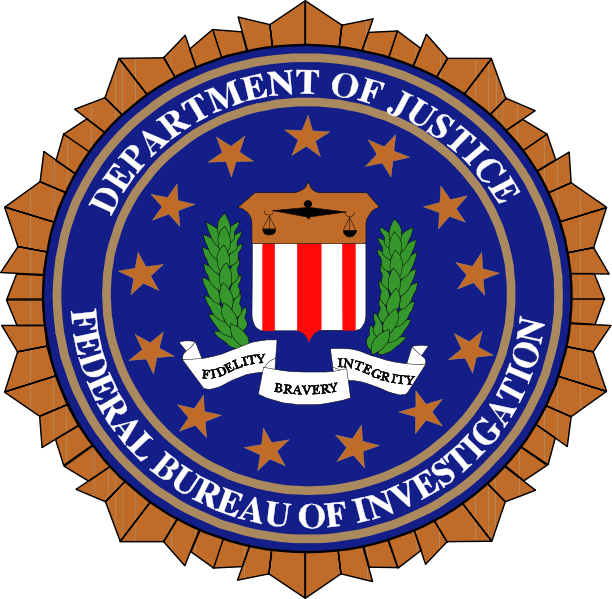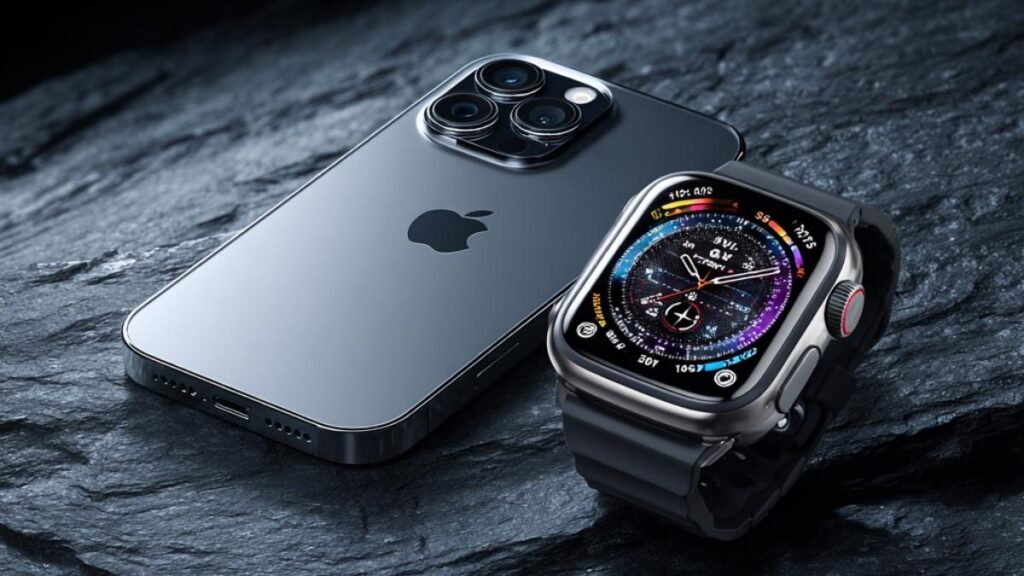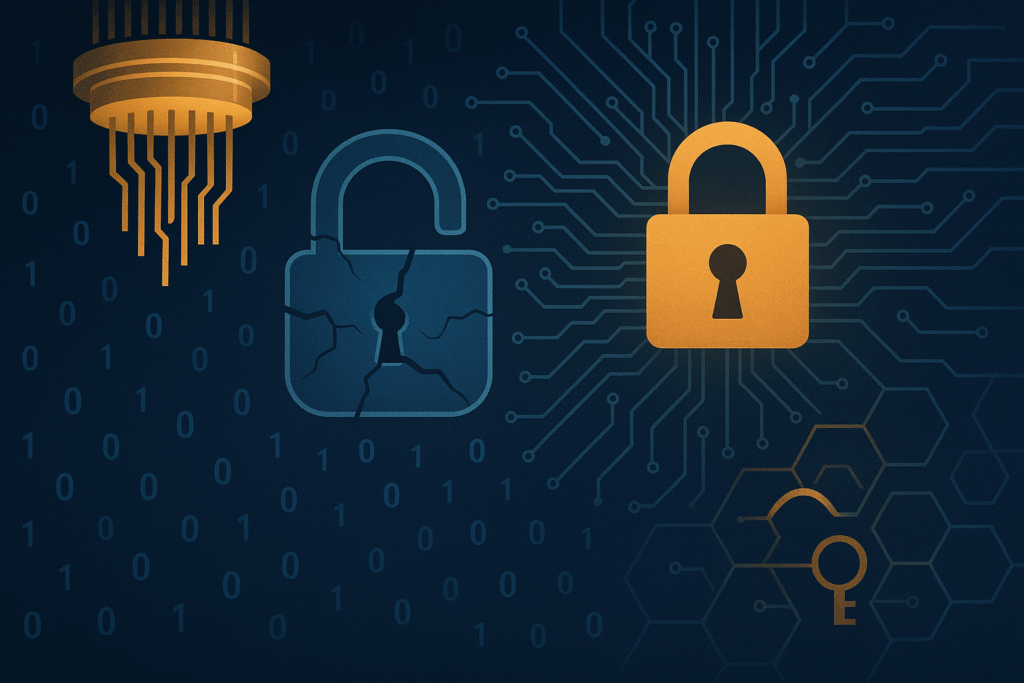You can’t protect a thing by destroying it or giving it up. Protecting freedom by giving it up under the guise of “national security” is like protecting $1,000 in cash from being stolen by lighting it on fire. Ultimately, you achieve the goal and the exact opposite of the goal at the same time.
Terrorism, by definition, is the systematic use of violence and intimidation to achieve some goal. When it comes to terrorist attacks against the United States, the specific goal isn’t always clear, but generally seems to be intended to instill fear and destroy the principles of freedom our society is built on.
Obviously, we need to do everything we can to proactively thwart terrorist attacks, and the burden for protecting national security and defending us against terrorism falls on US law enforcement and intelligence agencies. The FBI has to be as diligent and vigilant as possible–but it must do so while operating within the bounds of the Constitution and respecting the freedom and civil liberties it is ostensibly trying to protect.
The FBI and Apple are locked in a legal struggle that will very likely end up in front of the Supreme Court eventually. Government intelligence and law enforcement agencies are tasked with identifying, preventing, and investigating terrorist threats, but there are limits—or at least there are supposed to be limits—on what those organizations can do in the pursuit of national security.
Speaking to Congress, FBI Director James Comey stressed that the motives of the FBI relate strictly to this iPhone and this case. Comey stated, “The San Bernardino litigation is not about us trying to send a message or establish some precedent. It really isn’t.”
Whether or not I believe Comey is being completely honest—which I don’t—precedent doesn’t work that way. A legal decision sets a precedent whether you intend it to or not. You can’t win a court case and mark it as “Do not use for legal precedent”. In other words, regardless of the intent of the FBI in this particular case, what the FBI is demanding is unprecedented—and most likely unconstitutional. If Apple is compelled to do what the FBI is asking it will have repercussions on privacy and civil liberties for decades.
There is a lot of confusion circulating about what the FBI is asking for, though, so first lets clear that up. The FBI is not asking for a back door to the encryption in iOS. The government and intelligence agencies in general are in favor of tech companies providing an encryption back door, but that is not what this case is about. In this case, the FBI is demanding that Apple develop a custom version of iOS that removes the security feature that will erase all data on the device after 10 failed passcode attempts so it can brute-force crack the PIN.
The terrorists responsible for the shootings in San Bernardino last December destroyed their personal laptops and their personal smartphones to prevent law enforcement from gaining access to any of the information. One of the terrorists also had an iPhone 5C from work. That iPhone was not destroyed and it is owned by the county of San Bernardino. However, San Bernardino County IT changed the iCloud password at the direction of the FBI, so nobody can access the device now without the PIN.
Read the full story on Forbes: Apple vs. FBI: How Far Can The Government Go In The Name Of ‘National Security’?
- Cybersecurity’s Unsung First Responders Step Into the Spotlight - October 16, 2025
- How AI and Integration Are Transforming Software Security - October 13, 2025
- Fighting Machines with Machines: How AI Is Redefining the SOC - October 6, 2025




I agree except in this one case,…..What part of ‘terrorists and dead’ don’t people understand ?? There should be no privacy issue here …… And BS to Apple, they CAN unlock that one phone without writing a program and still keep how they do it from the FBI……correct me if I’m wrong…..
First, I believe you are wrong. Apple can no longer break the encryption in iOS. It could unlock encryption before iOS 8, but strengthened the encryption to protect customer privacy.
However, that is not at issue here, and none of the things you mentioned are even part of this debate. It doesn’t matter that it’s a terrorist and it doesn’t matter the individual is dead–especially considering the iPhone is owned by the County of San Bernardino so the terrorist has no expectation of privacy on it in the first place. The FBI is NOT asking Apple to unlock encryption. The FBI is asking Apple to write a custom version of iOS for the FBI that will allow it to bruteforce crack the PIN to access the device.
The big danger is that once a court compels Apple to not only cooperate–but actually develop new and unique solutions at the direction of the government–that sets a precedent that the government can compel any US company to do its bidding under the umbrella of “national security”–which quickly becomes “Any damn reason we feel like compelling a company to do our bidding.”
As I point out in the article, it steps over the line. There are limits to what government and intelligence agencies can do–even when it’s “national security”.
Thanks for the info & correcting me, what about the NSA, can’t they open it either ? I still think Apple made the phone and they’re lying….they could open it….
Nope, they have the “keys” to do it but won’t. I guarantee a US agency has the means but won’t disclose it, making this a must for the creator to provide legally. I fully understand the consequences of such action but eventually it will happen unreported.
But I don’t see any protest about Apple providing USER data for the sole purpose of Chinese over watch .. Yeah no one care about Chinese privacy, eh?